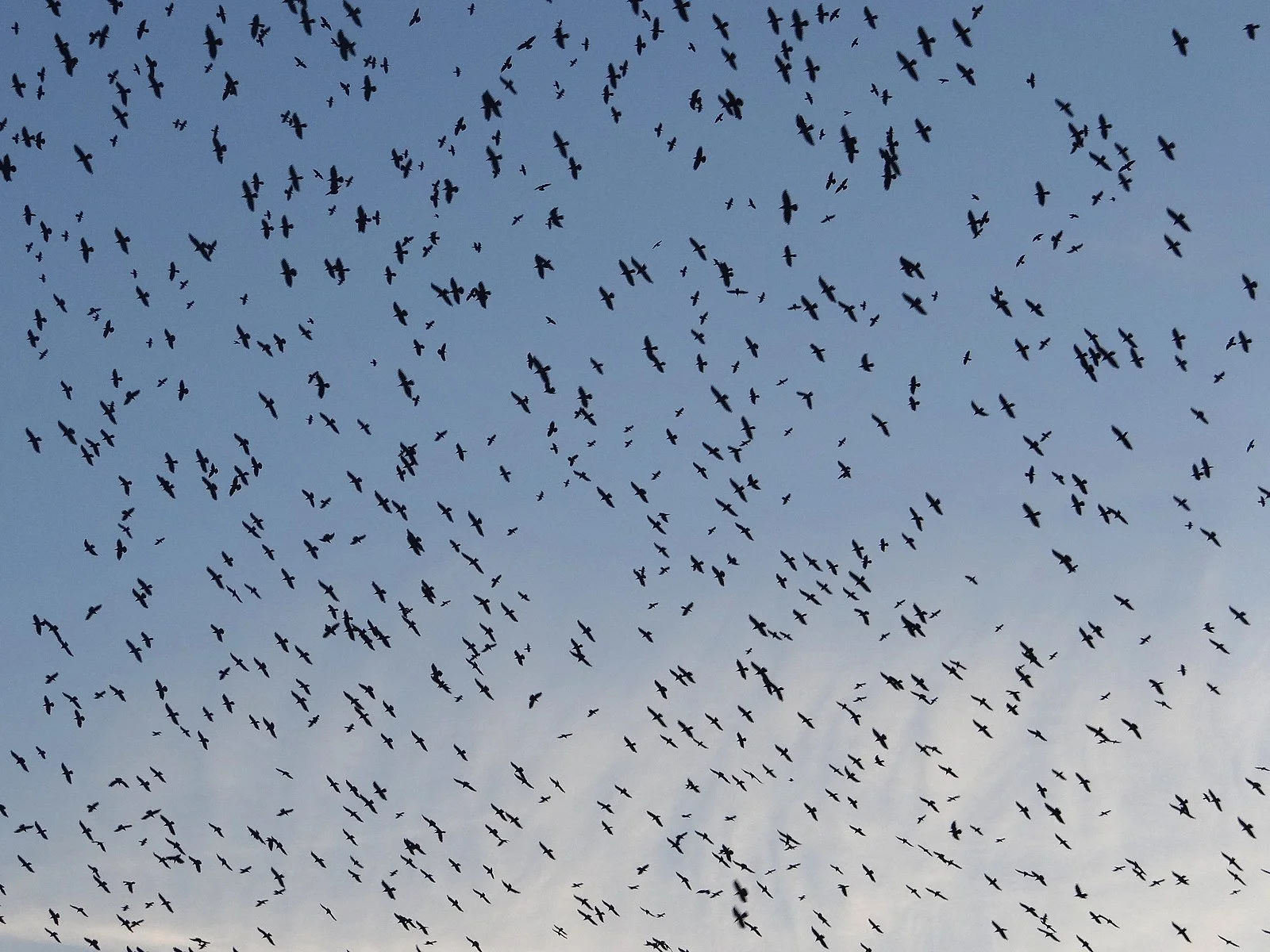CAI | By Dennis Minsky
Published February 28, 2023 at 6:18 AM EST
The word bird can be a verb. It is short for birdwatch. Birding is birdwatching. I am a birder; therefore, I bird.
Many people on the Cape follow birds. Some are content to bird at their feeders, but the more adventurous go out into the world to find our feathered friends. On the Outer Cape, Beech Forest is famous for the spring influx of brightly colored warblers and other species. MacMillan Wharf is a favored spot to see winter sea ducks and birds from the far north, out in the harbor and on the breakwater.
Race Point Beach is another fixture in a serious birder’s itinerary. Every season has its offerings, including whales at virtually any time of year.
Late spring and throughout the summer and into early fall, it is a very busy place. Going there is like entering another civilization. It is the realm of the Piping Plovers and Least Terns that nest there; by August their young are mostly up and running or up and flying — although the tern chicks are still begging and being fed by their parents. The dynamics inside the posted area are fluid and confusing. You can see adult terns finding and feeding their young tiny fish, or dive-bombing the errant gull (or human or dog) that gets too close; plovers shepherd their tiny, too-cute-for-words chicks along the tideline.
Towards the end of summer and into the fall, the lower beach, the tidal zone, is dominated by flocks of larger tern species — I will not bother you with all the species names and shorebirds. These birds arrive as part of their post-breeding dispersal, the terns from all over the region and the shorebirds — all shapes and sizes and plumages — from the Arctic. A few shorebirds will stick out the winter, but most are here as a stopover on their way to southern climes. In the water, and as far as you can see offshore, are true seabirds — shearwaters and gannets and jaegers — also migratory.
The idea of being migratory is alien to most of us. It essentially means that you are a citizen of the world, that you belong to no one country, or even continent. You experience the Arctic and perhaps a taste of the Antarctic. As summer trends into fall, the terns especially become increasingly restless, in love with the air and water, ready to abandon the land, which they reluctantly came to in the spring. They flock in large numbers, squabbling and jockeying for space, erupting in flight, sometimes for no discernible reason, preening, and napping.
Winter is perhaps the most vibrant time of the year, even as the conditions can be harsh. Peering through a scope out on the open water, eyes watering, might yield sights of various species of sea ducks, wintering loons, and alcids — those penguins of the north — in the troughs of the waves. On the beach an occasional Peregrine Falcon or Snowy Owl shows up. Sometimes rarities are discovered.
When you visit Race Point you are entering as true a wilderness as we have around here. The wind, the billowing surf, the frozen wrack line, underscore that you are there on Nature’s terms: how exhilarating!

